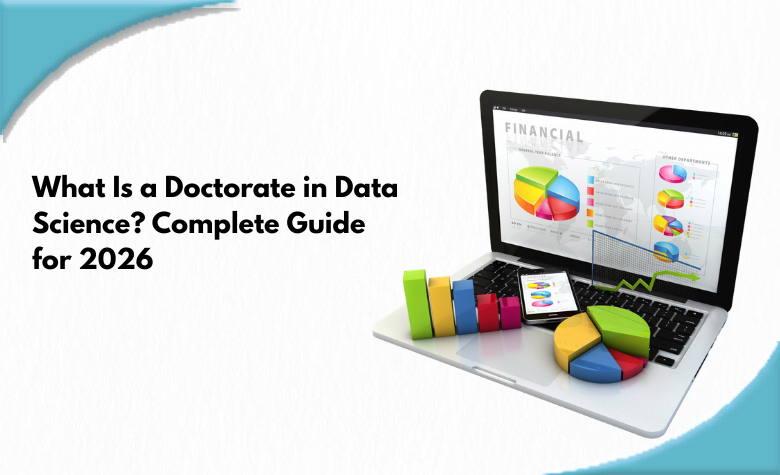SAP FICO Course Syllabus 2025: A Step-by-Step Learning Guide
- Feb 22, 2025
- 3 min read
Updated: May 17, 2025
SAP FICO (Financial Accounting and Controlling) is one of the most sought-after modules in the SAP ecosystem. As businesses worldwide rely on SAP for financial management, mastering SAP FICO can open doors to promising career opportunities. If you are planning to enroll in an SAP FICO course, understanding the SAP FICO course syllabus is crucial for a structured learning approach.
This guide provides a detailed breakdown of the SAP FICO syllabus in 2025, covering essential topics and skills that learners can expect to gain. At Learning Saint, the curriculum is designed to meet industry standards, ensuring that students acquire hands-on experience with SAP FICO functionalities.
What is SAP FICO?
SAP FICO is an essential module in SAP ERP that helps businesses manage financial transactions, accounting processes, and reporting. It consists of two core components:
SAP FI (Financial Accounting) – Focuses on financial reporting and accounting.
SAP CO (Controlling) – Deals with cost management and internal reporting.
Now, let’s explore the SAP FICO course syllabus in detail.
SAP FICO Course Syllabus: A Comprehensive Overview
1. Introduction to SAP and SAP FICO
Overview of SAP ERP and its significance
Understanding SAP FICO and its integration with other modules
Basics of financial accounting and cost controlling in SAP
2. SAP FI (Financial Accounting) Module
The SAP FI module is designed to handle financial transactions, reporting, and accounting functions.
2.1 General Ledger Accounting (G/L)
Chart of Accounts setup
G/L Master Data configuration
Posting financial transactions
Document types and number ranges
2.2 Accounts Payable (AP)
Vendor Master Data management
Invoice posting and payments
Automatic payment program configuration
Reporting and analysis for Accounts Payable
2.3 Accounts Receivable (AR)
Customer Master Data management
Sales invoice posting and processing
Incoming payments and dunning process
Reporting and reconciliation
2.4 Asset Accounting (AA)
Asset Master Data management
Asset transactions (purchases, sales, depreciation)
Integration with General Ledger
Asset reporting and analysis
2.5 Bank Accounting (BA)
Bank Master Data setup
Cash journal and bank reconciliations
Bank statement processing
Electronic Bank Statement (EBS) configuration
2.6 Financial Statements and Reporting
Balance sheet and Profit & Loss statement generation
Financial reporting tools in SAP
Period-end closing activities
3. SAP CO (Controlling) Module
SAP CO helps businesses manage internal cost reporting and financial planning.
3.1 Cost Element Accounting (CEA)
Understanding primary and secondary cost elements
Cost element category setup
Integration with SAP FI
3.2 Cost Center Accounting (CCA)
Cost center structure creation
Cost center planning and budgeting
Periodic reposting and assessments
3.3 Internal Orders (IO)
Internal Order setup and classifications
Order settlements and reporting
3.4 Profit Center Accounting (PCA)
Defining profit center hierarchy
Revenue and cost allocation
Profit center reporting
3.5 Product Costing (PC)
Cost component structure
Standard costing vs actual costing
Cost object controlling
3.6 Profitability Analysis (PA)
Market segment analysis
Revenue and cost analysis
Real-time profitability tracking
4. SAP FICO Integration with Other Modules
Integration with SAP MM (Materials Management)
Integration with SAP SD (Sales and Distribution)
Integration with SAP PP (Production Planning)
5. Advanced Topics in SAP FICO
Financial Supply Chain Management (FSCM)
SAP S/4HANA Finance
SAP FICO Reporting with SAP Fiori
6. Hands-on Training and Real-Time Project Implementation
At Learning Saint, students get hands-on experience with SAP FICO tools. The training includes:
Live system access for practical exercises
Case studies on financial management
End-to-end project implementation
Why Choose Learning Saint for SAP FICO Training?
Choosing the right institute is crucial for mastering SAP FICO. At Learning Saint, students benefit from:
Expert Trainers – Industry professionals with years of SAP experience.
Comprehensive Curriculum – Covers all aspects of the SAP FICO syllabus with real-time case studies.
Practical Learning – Hands-on training ensures students gain practical exposure.
Career Support – Assistance with resume building, interview preparation, and job placement.
Final Thoughts
Mastering SAP FICO requires a structured approach, and understanding the SAP FICO course syllabus is the first step. The SAP FICO syllabus at Learning Saint is designed to equip learners with the necessary skills to handle real-world financial and cost management scenarios.
If you’re looking to build a career in SAP FICO, enrolling in a well-structured course will help you gain expertise and stay ahead in the competitive job market.
Are you ready to take the next step? Join Learning Saint today and start your journey toward becoming an SAP FICO expert!






Comments